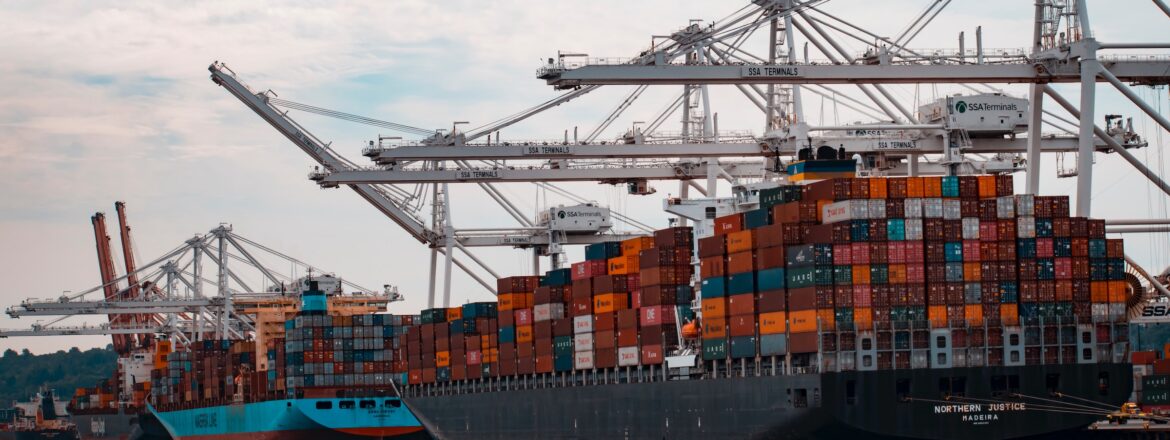As we settle into 2022 and start working towards new goals for this year, changes and updates in the world of logistics should continue to be at the top of our minds. There are of course lingering challenges felt worldwide as we step into the third year of the pandemic, but there are also fresh developments locally at home.
Phase 2 of CARM:
Phase 2 of the Canada Border Services Agency (CBSA) Assessment and Revenue Management (CARM) project is set to release in the Spring of this year. All commercial importers are required to be registered with a CARM Client Portal (CCP), make their own payments directly to CBSA, and have their own financial security (vs that of the customs broker’s).
On top of the functions introduced in Phase 1 (May 25, 2021), this second expansion of functionalities in the CARM Client Portal includes:
- Ability to submit commercial account declarations (replacement of the current B3)
- Receive daily payment notifications
- Enable corrections and amendments to be submitted online
- Obtain a Business Number and import program account extension
- Monitor and post security bond
Documentation for Organic Food Imports
Previously, the Canadian Food Inspection Agency (CFIA) only required importers to have the organic certification on hand and produce it upon request. However, these documents now need to be included in the customs clearance submissions.
A New Trade Agreement with Indonesia in the Works
Global Affairs Canada (GAC) will begin their negotiations with Indonesia and the Association of Southeast Asian Nations (ASEAN) on a Comprehensive Economic Partnership Agreement (CEPA). New market opportunities for both Canadians and Indonesian are to come with this new agreement in place.

Supply Chain Pressures from COVID 19 Mandates
The United States and Canada and big trade partners and a majority of our cross-border trade flow heavily through commercial trucks. The recently implemented vaccination rules for cross-border truckers on January 15, 2022 have been a big focus. We will have to wait and see how the current events affect our already strained supply chain.
Delay in 10 Year Truck Ban
The Rolling Truck Age Program which was originally announced in 2015 and planned to take effect on February 1, 2022, has now been postponed. This program was designed to help the Port of Vancouver meet its climate targets and trucks that were more than 10 years old were banned from the port. According to the port, 80 percent of vehicles serving the port are already compliant.
Port officials recognized that trucking companies need more time to prepare for this change due to the stress from the pandemic, recent BC floods, and ongoing supply chain problems. Truckers have cited high costs and limited availability of newer vehicles as challenges they faced when trying to upgrade.
As a leading provider in container trucking and bonded sufferance warehousing in BC, we pride ourselves on the proactive approach we take in supporting our clients. In addition to delivering seamless transportation and warehousing services and staying on top of all changes in the logistics industry, our authorized access to all major ports and rails in Metro Vancouver, 250 trailers, and exceptional LTL/FTL services allows us to go above and beyond for all our customers.
Contact us at (604)-276-9044 or info@sandhartrucking.com to learn more about how we can help you meet and exceed your 2022 business goals.

